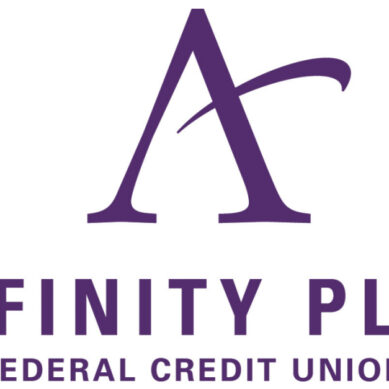According to the December 2023 Lane Report, a Kentucky Business Journal, there is a change coming to the teaching of financial skills to students in the state:
“Kentucky high schools maintain a C grade in a national report card on how well they teach personal finance, but by next year their grade may climb to a B.
Given a C in 2017, Kentucky maintains this grade in the updated 2023 National Report Card on State Efforts to Improve Financial Literacy in High Schools, issued by The Center for Financial Literacy at Champlain College in Burlington, Vt. . .
John Pelletier, director of the Center for Financial Literacy, says that by 2028, 23 states are projected to have an A grade. . .
‘Kentucky requires high school students to take vocational instruction, which includes personal finance concepts,’ says Pelletier. ‘The Class of 2024 will be required to take one or more courses or programs with financial literacy content, but implementation will be up to school districts.’
Pelletier says state policymakers are responding to families without financial safety nets during the pandemic, as well as to advocacy by educators, administrators, parents, and students.”
Prior to the passage of this bill in 2018, there was no specific financial literacy instruction requirement for high school graduation.
The Kentucky Department of Education now lists financial literacy resources on its website to assist schools in implementing this requirement beginning in 2024.
The advocacy role of credit unions
At the recent Governmental Affairs Conference, I spoke with a Kentucky credit union leader, a CEO for just ten years, who has put financial education at the center of the organization.
The credit union offers classes at local high schools, for military retirees and veterans, and for employees of groups the credit union serves. The CEO has taught some of these classes. As a member and leader of the Kentucky league, the credit union community became advocates for this educational priority in Kentucky schools.
This financial education concern was but one of many initiatives this CEO shared about his short tenure. What impressed me was his focus on “connecting” with the many constituents the credit union reaches. He meets with the leaders of government and private organizations they serve, supports community and other credit unions in the state, and advocates for members’ financial well-being.
The history of financial education
His efforts are an example of a generation-changing event. His role is more than managing the financial trends of a credit union, but uplifting possibilities for all across the state.
What I didn’t realize was how difficult this education priority was until I saw this brief, five-minute history of financial education in America. It shows how educational priorities have changed since the Eisenhower era’s focus on math and science. Today, the emphasis on teaching financial life skills is one area of strong bipartisan support.
This is how one CEO has provided leadership far beyond his membership. Yet without his credit union’s example and the practice of what he was seeking, the effort might not have been as successful.
Now all Kentucky students, and their parents, have the prospect of a “B” or even an “A” in this most important understanding of financial responsibilities throughout life.































































